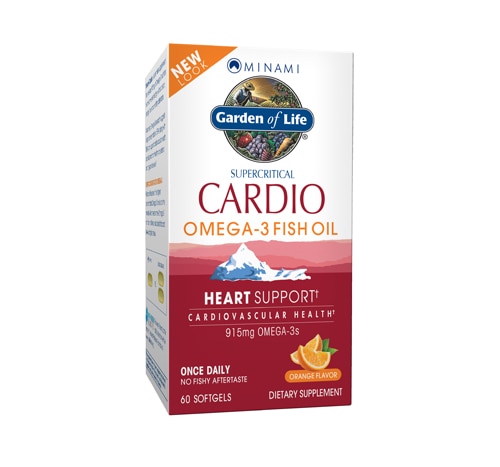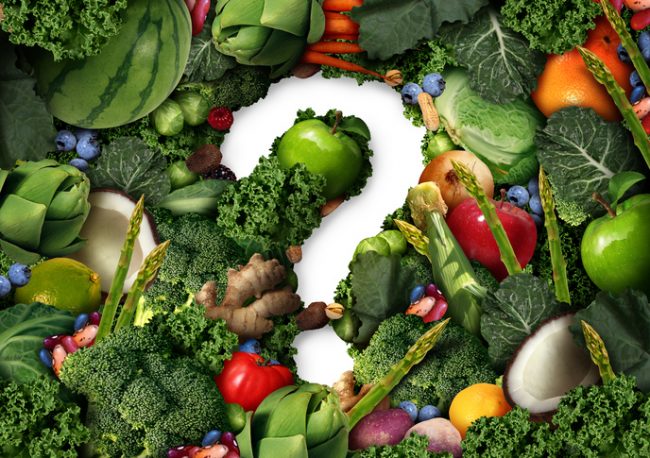This headline for an article posted on the website of the American College of Cardiology might seem alarming: “Some Plant-Based Diets May Increase Heart Disease Risk.” However, for many people who follow plant-based diets, there’s no reason to be alarmed.
The headline refers to a study published in mid-July in the Journal of the American College of Cardiology that raised the specter of some plant-based diets actually elevating your risk for heart disease.
The study showed that a healthier plant-based diet — featuring whole grains, fruits, vegetables and the like — was tied to a lower risk of heart disease. But the study also showed that a plant-based diet emphasizing not-so-healthy plant foods like sweetened beverages, refined grains, potatoes and sweets was associated with a higher risk for heart disease.
“It’s apparent that there is a wide variation in the nutritional quality of plant foods, making it crucial to take into consideration the quality of foods in a plant-based diet,” Ambika Satija, a postdoctoral fellow at Harvard University’s T.H. Chan School of Public Health and lead author of the study, says in a news release.
It’s worth noting, as the Lifehacker website did, that the study scored people who ate both meat and plants, and how close they were to consuming a “healthy” or “unhealthy” plant-based diet.
“The study also didn’t distinguish between healthy and unhealthy animal products: fish, yogurt and bacon grease would all lower your scores equally,” Lifehacker says.
So, how should you react to the study’s findings?
Richard VanVranken, an agricultural agent with Rutgers Cooperative Extension in Atlantic County, New Jersey, has eaten a mostly plant-based diet for over 35 years. He says true vegetarians shouldn’t be concerned about the results of the study. Instead, it should be those people who’ve reduced or eliminated consumption of meat but continue to chow down on fried, refined and overly sweet foods.
“The study supports previous work that has shown an overall plant-based diet reduces heart disease risk, but adds to it that a defined, healthy plant-based diet reduces that risk even more,” VanVranken says.
“Unfortunately,” he adds, “there are plant-based diets that can still include a lot of foods that are not good for heart health, and that is the even greater revelation of this study. Someone who thinks they’re eating healthier by just cutting out meat without cutting back on sweetened beverages, refined grains and sweets may actually be increasing their risk for heart disease.”
In a Journal of the American College of Cardiology editorial accompanying the study, Dr. Kim Allan Williams, chair of the division of cardiology at Rush University Medical Center in Chicago, wrote that plant-based diets featuring whole grains, unsaturated fats and an abundance of fruits and vegetables “deserve more emphasis in dietary recommendations.” Williams, who switched to a vegan diet in 2003, is former president of the American College of Cardiology.
In other words, if you’re a vegetarian or vegan who sticks to a diet that’s free of the bad stuff but full of the good stuff, you’re on the right track in protecting your heart health.
Despite that reality, VanVranken says he’s afraid that headlines about the study might prompt “fad-following vegetarians” to ditch plant-based diets or “anti-vegetarian folks” to use those headlines as a weapon.
“Conversely, what really needs to be done is to correctly point out the differences between a ‘healthy’ plant-based diet and an ‘unhealthy’ plant-based diet to make sure those fad followers,” he says, “and even those who have good intentions but are poorly educated about vegetarian diets understand that simply dropping meat from your meals is not necessarily a healthy choice. This study puts legitimate research findings behind that argument and defines that healthy plant-based diet.”
Certified health coach and nutritional consultant Jared Koch says he wasn’t surprised by the study’s findings, since eating more nutrient-dense, plant-based foods — like fruits, vegetables, whole grains and nuts — “is the single best thing you can do to improve your diet and health.”
“Whether you should be eating animal foods or not is ultimately determined by what your individual body needs,” Koch says. “If you do eat them, choose high-quality versions as much as possible, such as organic and grass-fed. Either way, eat a lot of vegetables and reduce your intake of sugar and chemical-laden junk foods.”
Along those lines, the American College of Cardiology recently issued recommendations urging hospitals to improve patient menus by adding healthy plant-based options and removing processed meats. That followed passage of a resolution by the American Medical Association calling on hospitals to offer healthy plant-based meals and cut processed meats from patient menus.
“Too many heart disease patients have had their recovery undermined by bacon and hot dogs on their hospital trays,” Dr. Neal Barnard, president of the Physicians Committee for Responsible Medicine, says in a news release. “Hospitals that ban processed meats and promote plant-based meals will do a better job at helping patients’ hearts heal.”




